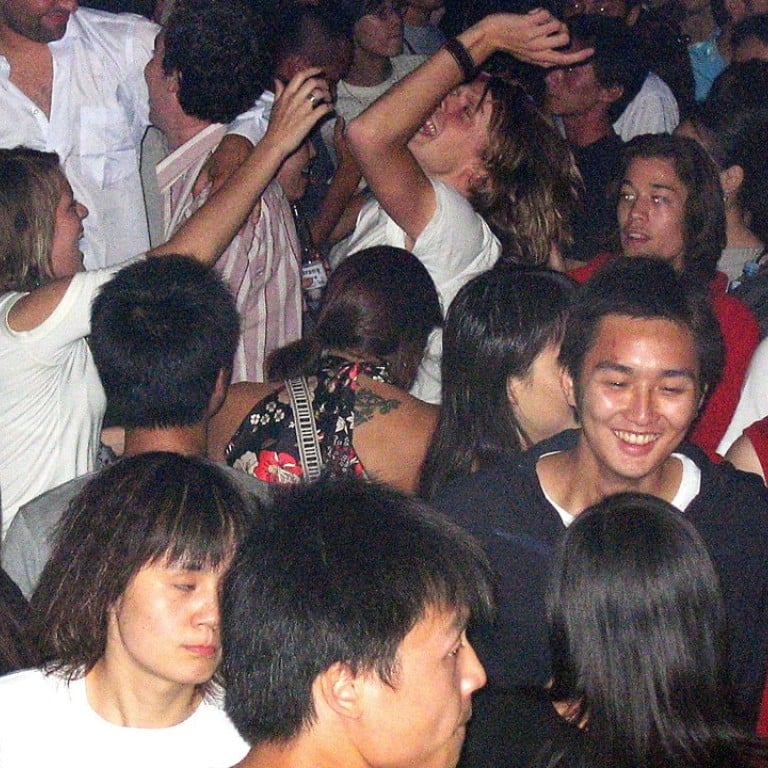
Teen who drank alcohol freely in China has a shock in US, where legal drinking age is 21
- A mother wonders why 18-year-olds can’t drink in the US, yet can marry, buy guns and go to war; her son, 19, finds his social life there limited without drink
- In China, drinking is legal if you’re 18, and the law is rarely enforced
Fresh off a plane from Beijing, my 19-year-old son and I are having dinner with American friends in the city of Savannah in the southern state of Georgia. The menu boasts southern soul food with a modern twist and the drinks list does not disappoint, either.
It is my son’s first week of college at the Savannah College of Art and Design and I catch his eye as I order a bourbon-based cocktail. Five days ago, back in Beijing, he would have had a glass of white wine or a gin and tonic. I ask my American friends: “What if I ordered him a glass of white wine?” That would be an unwise thing to do in the US, they say.
Two Hongkongers on abstinence from alcohol and its health benefits
My son Simon was born in Italy but grew up partly in Belgium, partly in China. Since China’s underage drinking regulation was passed in 2006, the legal drinking age in the country has been 18. However, on any given Friday or Saturday evening in Beijing, kids from as young as 14 flock to nightclubs and bars in the city’s Sanlitun and Gulou neighbourhoods.
There is generally no need for a fake ID, and having either a foreign-looking face or your name on the VIP guest list can often save you the entrance fee.

The drinking law in China is famous for having gone largely unenforced, but it is entirely different on the other side of the Pacific Ocean.
Since the National Minimum Drinking Age Act came into force in America in 1984, the legal age for drinking alcohol has been 21. The United States (together with Guam, the Northern Mariana Islands, Palau and Samoa) is the only country in the world where the legal drinking and purchasing age is 21.
The law is stricter only in Afghanistan, Iran, Iraq, Kuwait, Pakistan, Qatar, Saudi Arabia and Yemen – where purchasing and consuming alcohol is illegal.
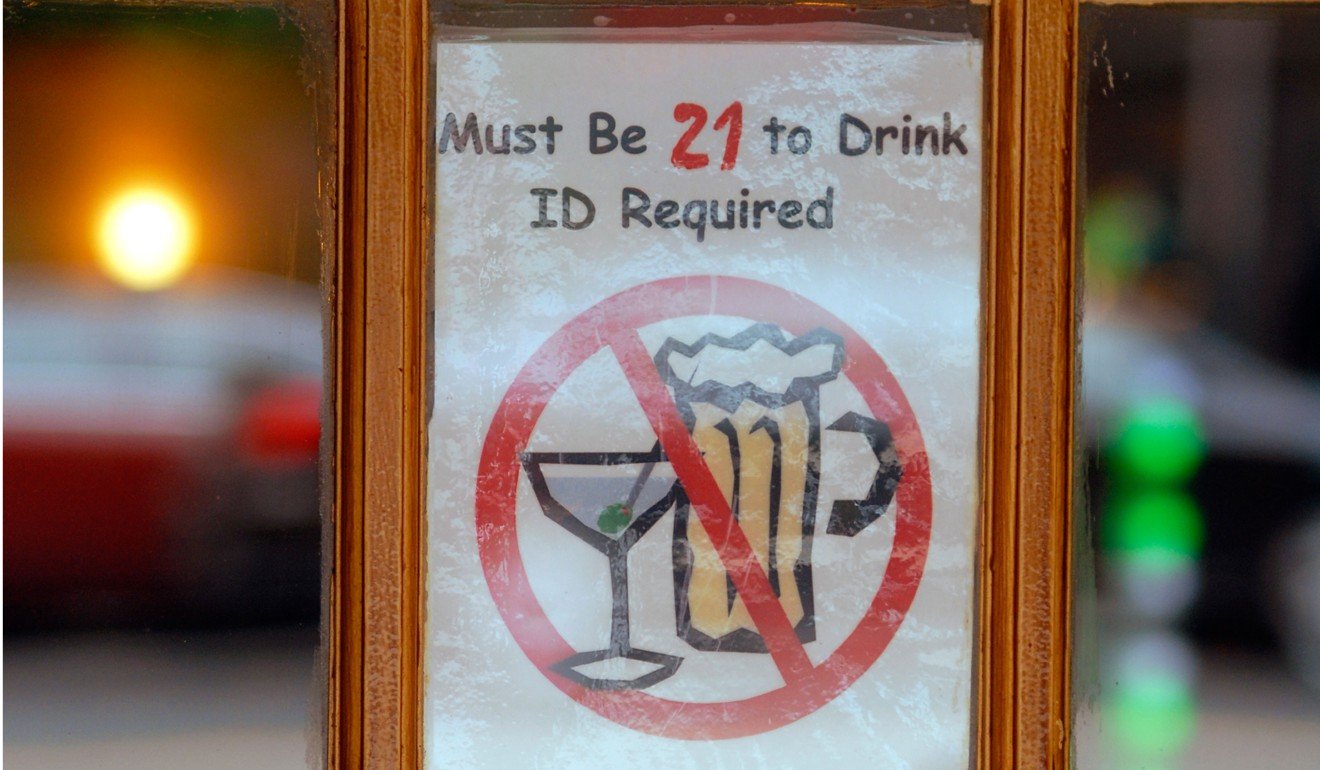
Although the law is enforced in every US state, it may come as a surprise that some states do allow underage consumption of alcohol. In 29 states, minors above the age of 18 may drink on private, non-alcohol-selling premises, with parental consent.
In eight states, consumption (but not possession) of alcohol is allowed for underage “kids” at premises selling alcohol – with parental consent.
In 26 states, minors above the age of 18 may be permitted to drink alcohol for religious purposes, for example when drinking wine during a church ceremony. And in 11 states, underage consumption is allowed for educational purposes, say, for students in culinary school.
Alcohol in China was so cheap, accessible and unfrowned upon that I took it for granted during my whole three-year stay there
The only way to legally drink under the age of 21 is in your parents’ company. American law enforcement officers do not close their eyes to underage drinking. A friend recounts that while she was at college, she attended a house party and walked to the house next door with an open can of beer in her hand. That cost her 200 hours of community service.
I’m from Denmark, where alcohol consumption is in the country’s DNA, as it is for most of that part of Europe. Historically, alcohol has warmed soldiers in the freezing cold, been the glue that kept the party going, and sparked conversations as well as spontaneous folk-song singing.
My parents did not allow me to drink until I was 15 but even at that age, I felt that I had some catching up to do.
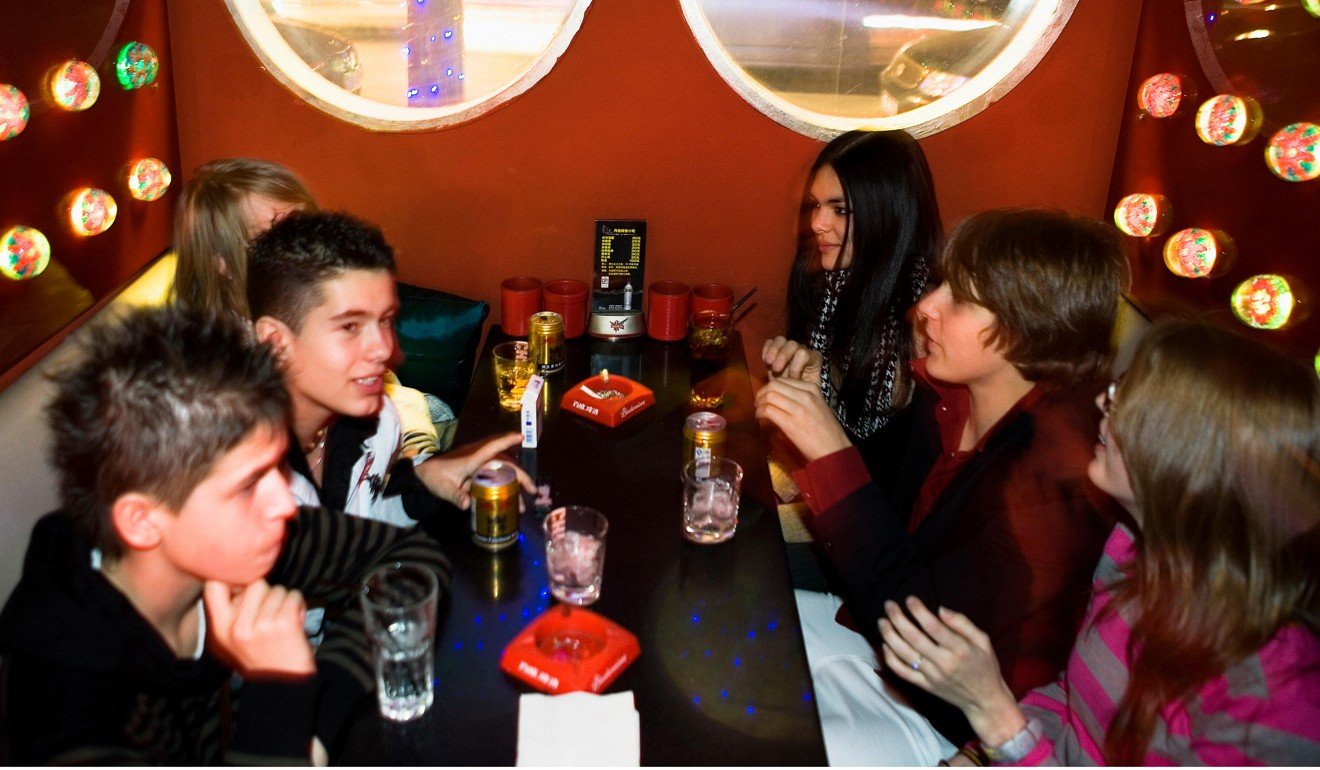
House parties were flooded with the sweetest stuff we could come by, be it Southern Comfort liqueur, fruit-flavoured vermouth or Malibu rum mixed with cola. In the home country of “probably the best beer in the world” there was obviously never a shortage of lager, either.
Underage drinking was very much taking place openly and, while countries like the UK are dealing with serious youth binge-drinking issues, consuming alcohol is still seen as a natural step on the way to adulthood.
Reports from the World Health Organisation are sobering, though. “Alcohol has dependence-producing properties and the use of alcohol causes a large disease, social and economic burden in societies,” it states.
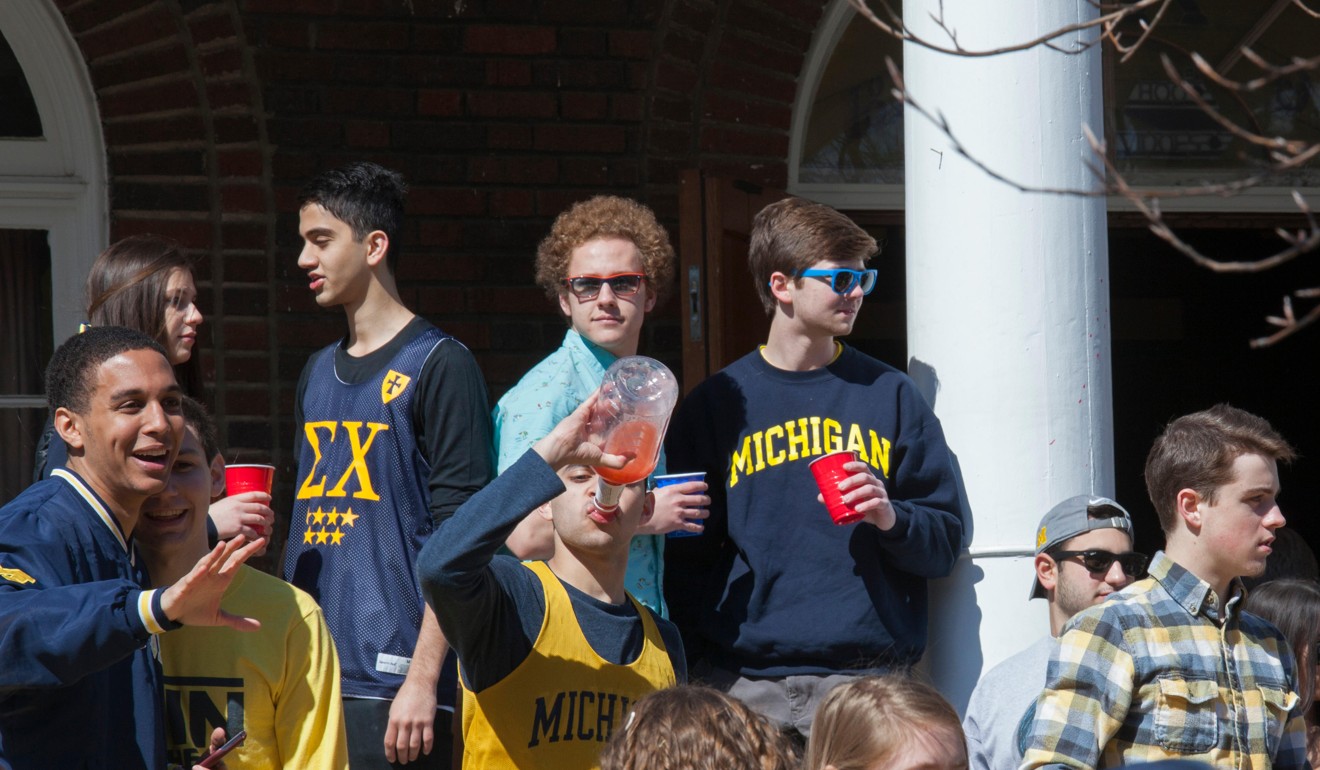
Is it time we start treating alcohol as a drug? A drug that we should protect our children (and ourselves) from? In connection with the release of the recent Global Status Report on Alcohol and Health, WHO director general Dr Tedros Adhanom Ghebreye said “far too many people, their families and communities suffer the consequences of the harmful use of alcohol through violence, injuries, mental health problems and diseases like cancer and stroke. It’s time to step up action to prevent this serious threat to the development of healthy societies.”
He is addressing the harmful use of alcohol. When it comes to tackling this problem, solutions such as increased taxes on alcoholic drinks, bans or restrictions on alcohol advertising, and restriction of the physical availability of alcohol have been proposed.
But what if we simply put our faith in responsible drinking? Gabrielle Glaser, author of Her Best-Kept Secret: Why Women Drink – And How They Can Regain Control, has, together with many others, advocated changing the legal drinking age in the US to 18.
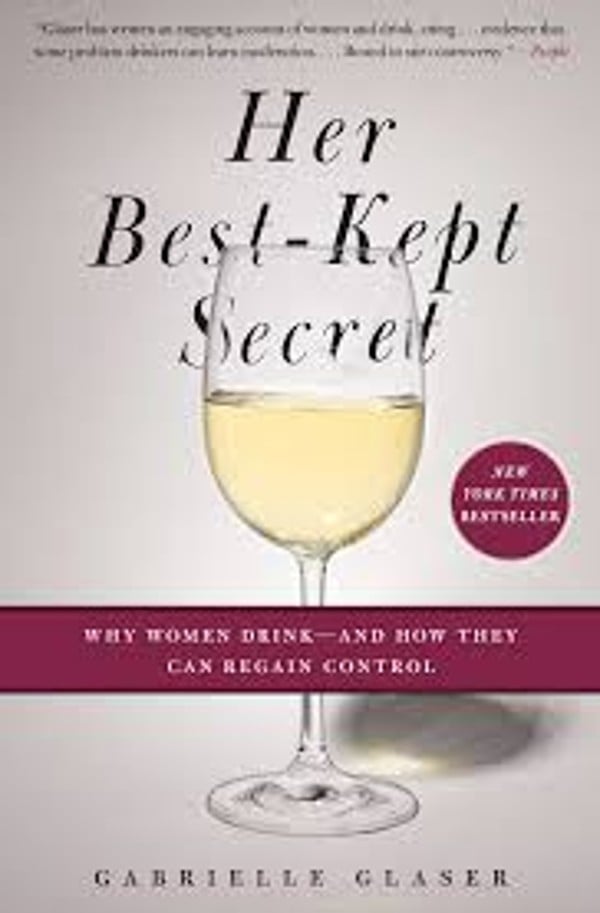
In an opinion piece for The New York Times, she argued: “Raising the drinking age has not reduced drinking – it’s merely driven it underground, to the riskiest of settings: unsupervised high school blowouts and fraternity parties that make Animal House look quaint. This age segregation leads the drinking away from adults, who could model moderation.”
As an outsider and as a parent from a different culture, I cannot help but wonder how, according to federal law in America, my son can legally buy a gun, get married or go to war – yet cannot legally toast his new life in the States.
Simon’s alcohol-free college existence
After two months at school in Georgia, Simon has this to report.
“Alcohol in China was so cheap, accessible and unfrowned upon that I took it for granted during my whole three-year stay there,” he explains.
“When I came to the United States, I knew that I had to give up drinking due to the consequences I might face – such as losing my scholarship, getting fined or, at worst, getting kicked out of college. But I did not realise the impact that it would have on my social life at all.
Is alcohol good or bad for your health
“No more going to a bar, no more partying at the club, no more glasses of wine at home or among friends. I feel somehow limited, but I live with it. When I talk about the unavailability of alcohol with my American friends, most of them see it as normal, which makes me reflect on the immense role that one’s culture has on one’s understanding of laws, politics, etiquette and other social norms and issues.”

